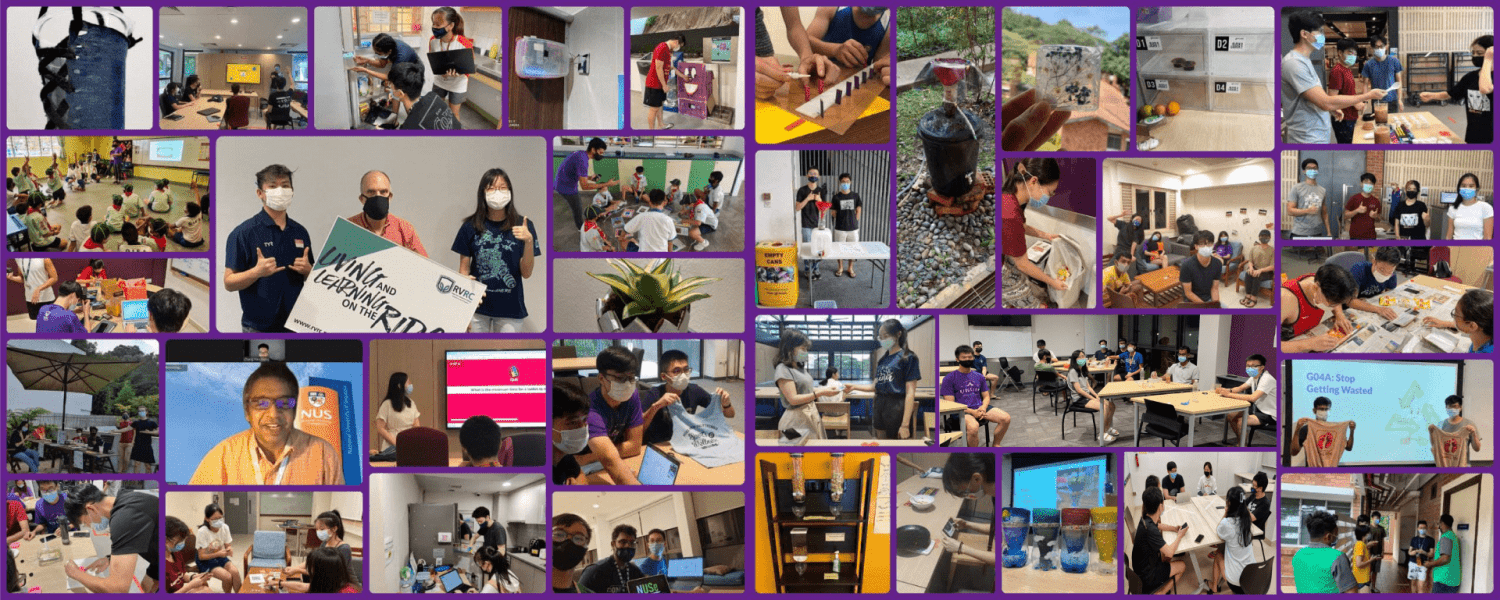Joel Tan Jun Yang (FASS), Lee Jia Yin Valencia (FASS), Nelson Ng Nuo Song (FoE), Nur Maisarah Bte Mohammad W (FASS), Toh Wei Wang (FoE)
Academic Advisor: Mr. Lim Cheng Puay
One source of plastic waste from students living in residential colleges will be that of plastic soap bottles. Of the 110 RVRC residents surveyed in our study, the average resident used 1.46 soap bottles in a semester. In RVRC alone, this means that its 650 residents produce approximately 85.4kg of plastic waste in a year. This presents a significant source of plastic waste which is present in all student residential areas in NUS. As such, our team is interested in exploring implementation of shared soap bottles within RVRC so as to minimize plastic waste generated. Ultimately, our study aims to reduce the residents’ usage of their own soap by 20%, from 1.46 bottles per semester to 1.17 bottles per semester. Our project is carried out in three phases. First, we collected crucial background information about the soap consumption habits in RVRC and the environmental impact of plastic waste. Data of these habits was obtained through an RVRC wide survey. Based on this data, we designed a pilot test for a shared soap system in RVRC, taking student preferences into consideration. Second, we will conduct the test for three weeks at E Block for one male and one female washroom. At the end of testing, we will gather data of soap usage and user response to predict the effectiveness of the soap sharing system if implemented throughout RVRC.
Keywords: Culture and Lifestyle Trends, Responsible Consumption, Soap, Plastic waste, Recycling
